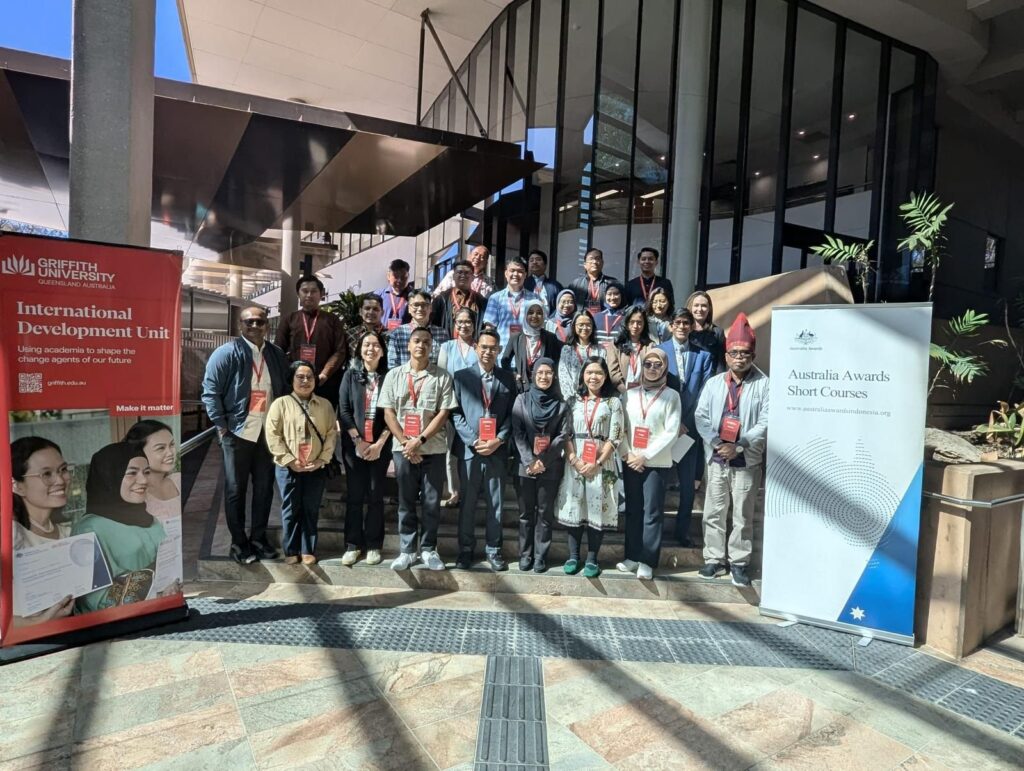Project Description
At COP26, Vietnam and Australia jointly committed to achieving Net Zero emissions by 2050. Both nations face similar energy transition challenges, with strong reliance on fossil fuels despite abundant renewable energy resources. Australia, a major coal exporter to Vietnam and a potential LNG supplier, remains a trusted energy partner. The governments of both countries have been navigating a just and orderly shift to renewables while embracing the opportunities offered by the green economy.
Vietnam joined the G7 Just Energy Transition Partnership to support its move away from coal. Through PDP8, it outlined plans to establish two inter-regional renewable energy hubs by 2030, serving as centres for innovation, manufacturing, and sustainable energy growth. In parallel, Australia launched policy initiatives to position itself as a renewable energy superpower, including the formation of a Net Zero Authority to drive inclusive economic transformation.
The Australia Awards Short Course supported these efforts by offering Vietnamese agencies firsthand exposure to Australia’s regional energy transitions. It focused on the implications for industry, workers, governments, and communities, aiming to extract early lessons from regions like the Hunter and Gladstone. The course fostered informal linkages between regional areas in both countries.
Aligned with Vietnam’s capacity-building priorities and the MAP program objectives, the course contributed to regional development goals through knowledge transfer, climate resilience, and enhanced clean energy policy. It strengthened participants’ understanding of net zero impacts and supported local government planning responses, laying foundations for collaborative and sustainable energy futures across the Indo-Pacific.

Project Personnel and Beneficiaries
Participants represented a broad range of Vietnamese organisations, including the Ministry of Industry and Trade, provincial People’s Committees, and major energy sector entities such as VINACOMIN, Petrovietnam, and EVN. While in Australia, they visited several key energy facilities, gaining firsthand insight into the nation’s energy transition efforts. Site visits included the Port of Newcastle, Fortescue Hydrogen Facility, Stanwell Power Station, and the Singleton coal industry site. These experiences enriched participants’ understanding of Australian energy practices and promoted knowledge exchange.
Outcomes to Date
The course offered valuable networking opportunities for participants from diverse organizations and deepened understanding of Australian workplace culture through site visits. It fostered intra- and inter-institutional collaboration and supported Vietnam’s electricity sector reforms. It also strengthened ties between MOIT, the Australian Energy Regulator, and the Net Zero Economy Agency, while allowing provincial representatives to engage with Australian government and council officials. Participants reported applying course knowledge to policy development in areas such as advancing net zero, promoting consumer participation in solar energy, and supporting new economic sectors. Key impact areas included regional energy transitions, evidence-based policymaking, and insights into Australian business and cultural practices. Mentored development projects led to rigorous, data-driven proposals including biomass-fueled coal transitions, a domestic green hydrogen strategy, and solar.
Project Significance
By the conclusion of the Australia Awards Short Course, participants had acquired the ability to identify the impacts and roles of the net zero transition within regional contexts and developed planning skills to support local government responses. They recognised opportunities for renewable energy and industrial development and gained practical insights from Australia’s approach to workforce reskilling, community engagement, and economic transformation. The course also enabled participants to establish networks with Australian counterparts and across regions to promote collaborative transition efforts. These outcomes contributed to progress on several Sustainable Development Goals, including SDG 7 (Affordable and Clean Energy), SDG 8 (Decent Work and Economic Growth), SDG 11 (Sustainable Cities and Communities), SDG 13 (Climate Action), and SDG 17 (Partnership for the Goals).

